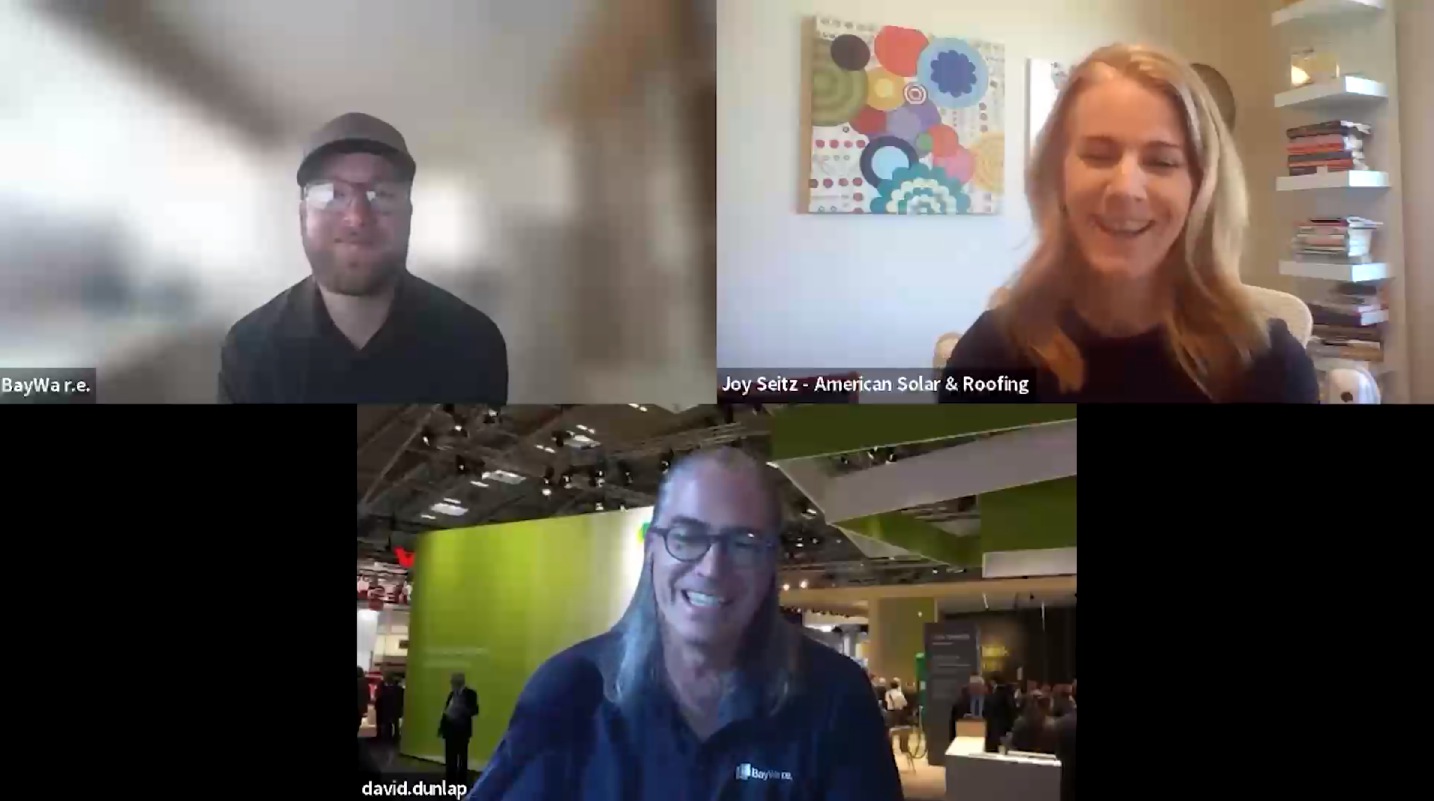
We are all looking for reliable investments these days. If your company is already in the engineering, procurement, and construction (EPC) game, you would do well to consider adding commercial storage. According to the global consultancy Wood Mackenzie (WoodMac), the commercial storage market is set to grow seven-fold over the next five years — from 300MWh of capacity installed to a staggering 2GWh by 2025. That translates into a potential annual market opportunity of $6.9 billion.
This market segment is poised for tremendous growth, and I recommend our EPC partners explore how they might invest some of their resources to position themselves for success in this nascent segment. Let’s go over three recommendations to consider as you explore the market of commercial storage:
1. Educate Yourself
The first thing I recommend is to educate yourself. It sounds simple, but commercial storage is complex, new, and a high-dollar commitment for your customers. Strengthening your expertise will build trust and confidence with your customers. Whether or not a commercial end-user opts to purchase commercial storage, more and more commercial clients are interested in exploring storage and expect an installer to have the knowledge base to speak to the pros and cons storage as a solution.
One of the most impactful and detailed resources you can access would be Stem — one of the pioneers of commercial storage, with more than 10M of system runtime hours and 400MWh+ of capacity deployed through the world. Their Stem University is a free, online learning platform that will help you get up to speed quickly. Whether it’s understanding what a storage system is comprised of, how energy storage makes economic sense, or finding out what the storage incentives are in your state, Stem University has answers for you.

23%
of Fortune 500 companies have already pledged to be carbon neutral by 2030
80%
Projected % of pledges if this trend continues!
Let us know how you engage with these enterprise customers.
2. Find a Partner You Trust
Finding manufacturing and project partners that you trust goes hand-in-hand with building your expertise and reputation in commercial solar. Look for partners and vendors who have experience and can guide you along the way to your first project. These are people with whom you can discuss and plan with total confidence and whose products have a high-quality standard.
Look for someone who can help you model your project’s cash flows, size your system adequately through EnergyToolbase, or help you with your project’s deployment. This partner should help guide you around the typical pitfalls for industry newcomers.
Like anything in our solar and storage industry, you should prioritize quality and depth of partnership over price. Don’t fight to save a penny at the expense of responsiveness and knowledge. Your first project will be complicated, so don’t go it alone! Demand outstanding performance from your commercial storage partner(s) and deliver excellence to your customer.
3. Focus on the Key Markets
While you may encounter interest from customers across multiple regions you serve, I encourage you to focus your efforts on the region or regions where commercial storage makes the most sense (from an economic and resilience perspective). Pick one or two markets and become an expert. Understand how the incentives drive a return in those markets, the various scenarios which drive revenue streams, and how utilities think about energy storage. Once you master the local context, you can then scale to other geographic markets.
Why geographic markets? Policies and incentives are what enable a commercial storage system to be “in the money,” so you’ll want to invest time to understand the incentives, the policies, and how they differ from state to state. According to WoodMac, there are four major markets for commercial storage at the moment: California, New York, Massachusetts, and New Jersey.
| Projected 2025 forecast | Key drivers of growth | |
| California | ~800MWh |
|
| New York | ~550MWh |
|
| Massachusetts | ~250MWh |
|
| New Jersey | ~100MWh |
|
Source: Wood Mackenzie
Each of the above markets represents a tremendous opportunity. Pick the one that fits your business model over the next few years — especially if you’re already in one of these territories — and concentrate your energy on becoming the source of commercial storage expertise in your community.

Take the Leap and Talk with Us
If you’re curious about how commercial storage can help your company grow, or which markets to focus on, or any other questions as you explore these exciting possibilities, let’s talk! I’m here to answer any questions you might have and brainstorm how you can get started in this important market.
BayWa r.e. Solar Distribution supplies residential and commercial solar installers in the United States with quality solar + storage components, forecasting, business planning advice, and a community of experts. Visit www.solar-distribution.com to engage with our team, read our industry insights articles, and stream our Solar Tech Talk podcasts and recorded webinars on YouTube and Spotify. Follow us on LinkedIn and Facebook to stay connected. Ask us about our Financing Program and use our industry-leading Webstore to save time, get gear shipped, and get jobs done!
Part of the BayWa r.e. Global family of renewable energy companies.




